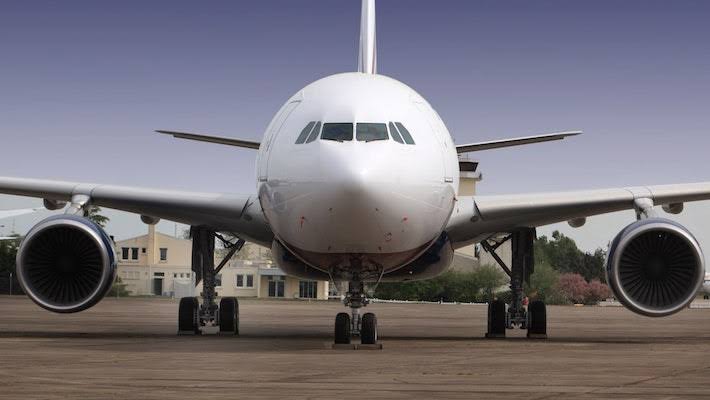CEM REPORT, AVIATION | Nigeria and other African countries’ aviation businesses have been projected to make a loss of $213 million in 2023.
This is as the continent already recorded a loss of $3.5 billion between 2020 and 2022.
At a special session on the African continent, the International Air Transport Association (IATA), attributed the losses to several factors.
The air association listed infrastructure constraints, high operating costs, poor connectivity, regulatory impediments, slow adoption of global standards, and skills shortages.
IATA’s Director General, Willie Walsh, optimistic about the continent’s growth in the sector said Africa has a solid foundation to support the case for improving aviation’s contribution to its development.
While stating that Africa’s aviation industry is projected to triple demand over the next two decades noted that Africa accounts for 18 per cent of the global population, but a paltry 2.1 per cent of air transport activities (combined cargo and passenger) presently.
“The limiting factors on Africa’s aviation sector are fixable. The growth potential is clear. And the economic boost that a more successful African aviation sector will deliver has been witnessed in many economies already.”
He added that sustainably connecting the African continent internally and to global markets with air transport is critical for bringing people together and creating economic and social development opportunities.
Walsh further said it will also support the realisation of the UN’s Sustainable Development Goals (UN SDGs) for Africa of lifting 50 million people out of poverty by 2030. In particular, trade and tourism rely on aviation and have immense unrealised potential to create jobs, alleviate poverty, and generate prosperity across the continent.
He noted that the aviation projection for Africa will be achieved through the Focus Africa initiative, adding that stakeholders are uniting to deliver on six critical focus areas that will make a positive difference.
The Focus Africa initiative has six focus areas. These include improved operational safety through a data-driven, collaborative programme to reduce safety incidents and accidents, in the air and on the ground. Facilitate the growth of efficient, secure, and cost-effective aviation infrastructure to improve customer experience and operational efficiency. Promote the liberalisation of intra-African market access through the Single African Air Transport Market (SAATM). Accelerate the implementation of secure, effective and cost-efficient financial services, and adoption of modern retailing standards.












